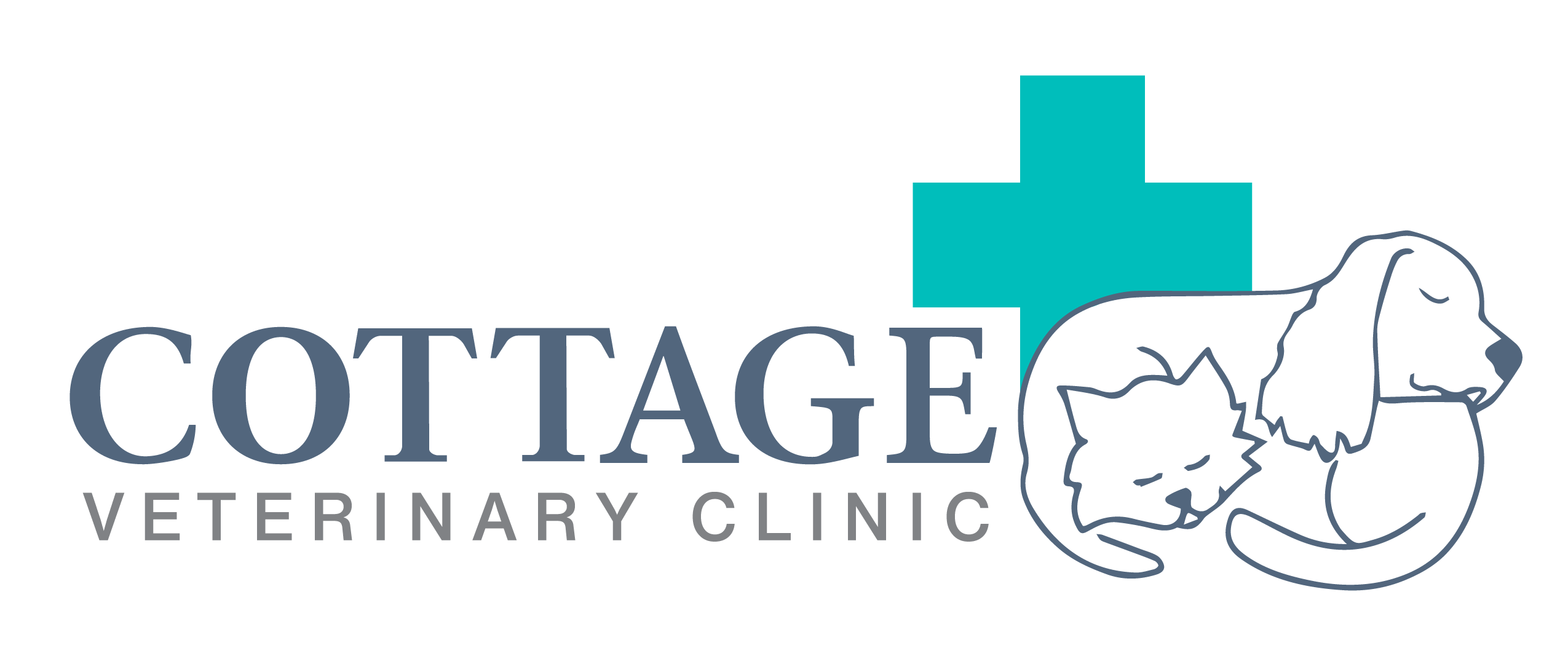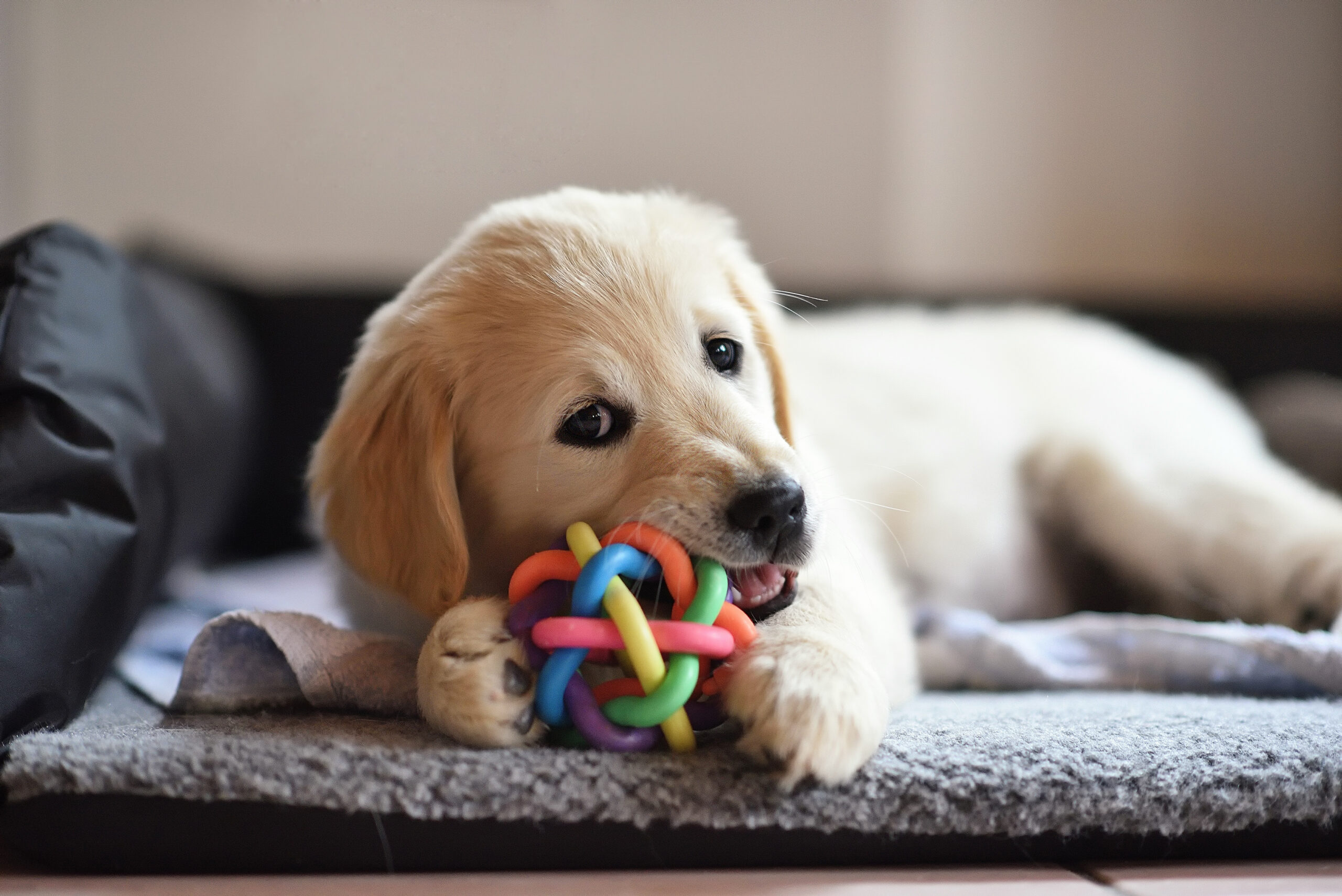Welcome To
Cottage Veterinary Clinic
Newbridge, Co.Kildare
OUR SERVICES
Cottage Veterinary Clinic is a proudly independently owned veterinary practice dedicated to providing exceptional care to the pets of Newbridge and the surrounding areas for over 20 years. Our experienced team is here to keep your pet happy, healthy and safe, and we will look after you and your family too.

Is your pet anxious coming to the vet clinic? Do you need help with giving your pet treatments at home?
We work in conjunction with EMERGE in Veterinary Specialists Ireland Summerhill, Co. Meath and MiNightVet in Kildare, who both provide emergency overnight and weekend care to our clients.
They provide a dedicated emergency service with a vet and nurse on site through the night and are always available to see your pet if you have any concerns.
Client Testimonials
FAQ's
Click The Questions Below To Get The Answers
Do I need an appointment to bring my pet to the clinic?
Yes, you need to book an appointment for your pet prior to coming to the clinic. You can book an appointment online through our website, via our app PetsApp anytime or by phone during our opening hours. If it is something urgent please call the clinic on 045 434848 and we will see you as soon as possible.
What vaccinations does my pet need and how often?
All dogs, cats and rabbits need yearly vaccinations to protect them against common infectious diseases which can cause serious illness and are sometimes life threatening.
The annual booster also gives an opportunity to give your pet a full health exam and identify any health problems, hopefully before they have any negative effects on your pet’s health.
Please click on the link for more information on vaccinations for your pet:
Dog Vaccines
Cat Vaccines
Rabbit Vaccines
Should I insure my pet and what does it cover?
We strongly recommend pet health insurance for your pet. If your dog or cat gets sick or injured then there can be a significant cost to caring for them and it can happen unexpectedly. Pet insurance may give you access to more options to give your pet the best possible treatment available to maintain or improve their quality of life which you otherwise may not be able to afford. In recent years we have seen major advancements in the treatment options available to our pets including joint replacements, MRI scans, cataract surgery, chemotherapy as well as new drugs to treat chronic health conditions. For more information on getting pet insurance for cats please Click Here -> or for dogs please Click Here ->
How often should I worm my dog?
In general we recommend all adult dogs are wormed every 3 months. However with the increasing number of lungworm cases in dogs which can cause life threatening disease, we do sometimes recommend monthly worming. We are happy to discuss your pet’s lifestyle and parasite risk with you and come up with a plan that is individual to your pet’s needs.
For more information on parasites in your dog please Click Here ->
How often should I worm my cat?
Cats can lead vastly different lifestyles depending on if they live indoors or outdoors and if the hunt or not so we assess the risk of getting worms and make an individual plan for your cat. In general we recommend worming every 3 months but if your cat is a regular hunter we would recommend worming more frequently. For more information on parasites in your cat please Click Here ->
My dog/cat has fleas, what should I do?
If your pet has fleas it is very likely that you have a flea infestation in your home. Fleas lay eggs which hatch out in your home so it is essential to deal with all stages of the flea life cycle when trying to treat fleas. This will involve using effective flea treatments on ALL pets in the house as well as treating the environment for a prolonged period. For more details on how to treat a flea infestation in Cats please Click Here -> or for dogs please Click Here ->
Should I have my cat neutered?
We recommend neutering of all cats to prevent unwanted litters of kittens and to reduce the spread of diseases such as FIV (feline version of AIDs) and FeLV (Feline leukaemia virus). For more information please Click Here ->
Should I get my dog neutered?
For dogs the answer is a bit more complex depending on breed, lifestyle, behaviour and age. We therefore recommend you have a consultation to discuss it with one of our nursing team so that you can make an informed decision on the pros and cons of spaying and neutering as well as planning the best timing of the spey/castration for your pet. For more information please Click Here ->
I’m travelling abroad with my pet, do they need a passport?
Yes, your pet will need a passport to travel outside of Ireland. Passports are issued directly from the vet clinic, once the pet has a microchip and a rabies vaccination. In general pets are not able to travel until 21 days after the rabies vaccination. For more information on pet passports and travel for cats please Click Here -> or for dogs please Click Here ->
Do my dogs anal glands need expressing?
If your dog is scooting or lick their bum area then their anal glands may be full. This can just cause irritation and the pet when scooting will be trying to relieve the pressure they feel there – if they are successful you will get a delightful smell at home! If the anal glands remain full or become impacted then they may develop an infection which can be very painful. If you are concerned about your dog’s anal glands then you can book to have them expressed in our nurse clinic. Note if your dog is showing signs of pain then we would recommend a check up with the vet to check them for infection.
What can I do if my pet is anxious or fearful?
If your pet has suddenly become anxious or fearful then we would recommend booking them in for a check up with one of our vets as sometimes pain or other health conditions could be the trigger. If your pet has always been a bit anxious but you feel it’s getting worse or difficult to manage then you may also need the help of a behaviourist. We will work alongside the behaviourist to try to resolve any health issues that could be contributing and we can also prescribe mediations needed to reduce their anxiety so that you can work with the behaviourist to reduce their anxiety more effectively.
My dog hates coming to the vet. What can I do?
We realise not all dogs will enjoy coming to the vets and some dogs will find the experience very scary and we do our best to make sure our patients are as comfortable and stress free as possible during their visits. We have behaviourist-led confidence clinics for dogs who are anxious in the clinic or have difficulty in allowing you to manage their health issues so that we can work with the dog until they become more comfortable. We will sometimes use medications to help relax your pet for veterinary visits so that we can minimise the stress on them as well as you. For more information on our confidence clinics please Click Here ->
How can I tell if my pet is in pain?
Dogs can be very good at hiding signs of pain so it can be easy to miss until the pain is quite severe in some dogs and cats. There are several signs to watch out for:
Shaking, low posture, aggression, grumpy, panting or crying, excessive licking of one area, reluctant to play, reluctant to interact or exercise, lameness, stiffness after rest and loss of appetite. If you are suspicious a certain area is sore then if you touch or inspect the area the dog may lick their lips, flinch or turn their head, cry or vocalise, start panting or if there is redness, heat or swelling in the area. If you think your dog may be painful we would recommend a check up with one of our vets so we can identify the cause and treat the pain.
How can I keep my dog’s teeth clean and healthy?
There are lots of ways to keep your dogs teeth clean and healthy including specially formulated dry foods, chew toys and additives to their water/food. The best way to keep your pet’s teeth healthy is by daily brushing. For more information please Click Here ->
What payment options are available?
We accept payment via VISA and Mastercard debit and credit cards and cash.
We do not accept cheques or American Express.
We are pleased to now work with Humm (Click Here), an instalment payment facility. Our team can help you through the application process. Apply now!

A warm welcome to Cottage Veterinary Clinic. We pride ourselves on providing excellent, compassionate care for your pet and we can provide a range of medical and surgical services as well as routine and preventative healthcare.

